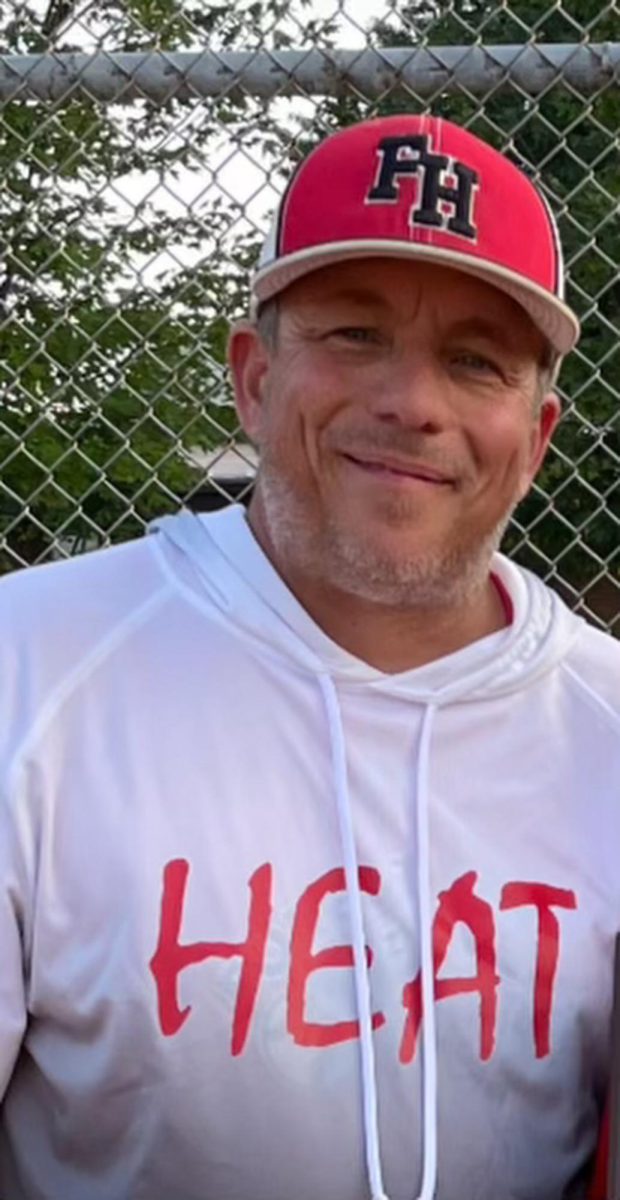Pledge of allegiance stirs controversy
September 27, 2017
“ I pledge allegiance to the Flag of the United States of America, and to the Republic for which it stands, one Nation under God, indivisible, with liberty and justice for all.”
Every morning since we were five years old, we have recited these words to the American flag, holding our hands over our hearts and pledging our allegiance to our country. When this habit first began, most of us didn’t even understand all the words or what we were doing. We were simply told that it was something we had to do.
Does this really teach children anything about loyalty and what things like pledges symbolize? Instead, it seems to be teaching that speech and patriotism isn’t about making a choice and expressing that choice, but saying and believing whatever those in charge are telling you to.
Even now, when we should have a better idea of what the pledge means to us, many still claim that anyone who sits for the Pledge of Allegiance hates America and the military, which shows a complete lack of basic critical thinking.
There are many reasons why someone would not want to participate in the pledge. For example, Californian high schooler Leilani Thomas had her grades docked for sitting during the pledge. She says she did it because, as a Native American, she felt it was disrespectful and untruthful to what America did to her ancestors.
Many students, including me, don’t believe that the pledge is true. In this country we do not have “liberty and justice for all.” As long as there are people who are murdered for their race or religion and the perpetrators get away for it, there is no liberty or justice. As long as it is legal in some parts of the country to refuse service to someone because of their sexual orientation, there is no liberty or justice.
Sitting for a 15 second recital of a pledge does not mean someone is being disrespectful to those in the military, it really has nothing to do with that. One can appreciate that soldiers have made sacrifices to protect the country, but disagree with the means in which they do that, and the way the country being protected is being run.
Another notable point is that America is the only industrialized nation to have such a regular, regimented pledge. Every other country manages to have a stable, sufficiently loyal population without having their school children recite an oath to their flag every day, so why is it so taboo not to have one here?
In the end, it is hurting no one to sit and be silent for the pledge. In Maryland, it is perfectly legal, and no one can tell you not to. There are many reasons for it, and any are valid, because it’s just a string of words that has no real connection to how patriotic and virtuous you ar










